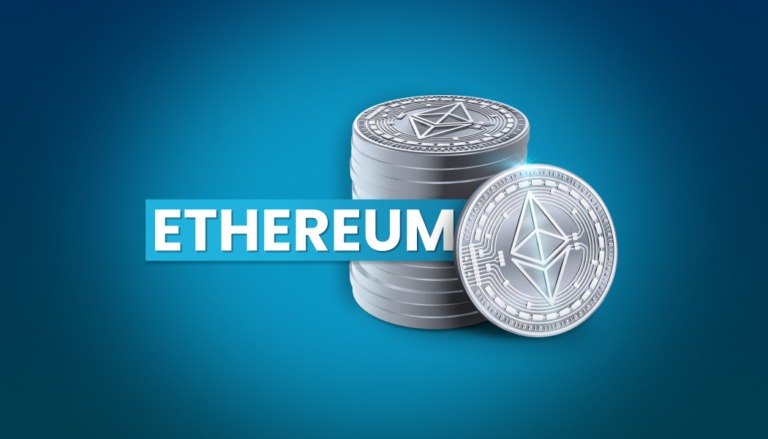In the dynamic realm of blockchain technology, upgrades transcend mere enhancements; they are crucial milestones that sculpt the future landscape. Ethereum, the forefront platform for decentralized applications (dApps) and smart contracts, has just undergone a monumental transformation with the Dencun upgrade. This significant update, which unfolded yesterday, marks a pivotal chapter in Ethereum’s history. Let’s demystify this sophisticated upgrade by breaking it down with examples, allowing us to grasp its significance and the broad implications it holds for the platform and its users.
What is the Dencun Upgrade?
Imagine Ethereum as a bustling city with roads (transactions), buildings (smart contracts), and citizens (users). As the city grows, so does the traffic, leading to congestion and high road toll fees. The Dencun upgrade is like an ambitious city planning project aimed at expanding the city’s infrastructure, making it more efficient, secure, and capable of accommodating more citizens without compromising speed or cost.
Dencun comprises two main parts:
- Deneb, which focuses on the Beacon Chain (Ethereum’s proof-of-stake consensus mechanism), and
- Cancun, which targets the execution layer where all the smart contracts and transactions happen.
Think of Deneb as upgrading the city’s administrative efficiency while Cancun improves the highways, buildings, and public services.
Key Features of the Dencun Upgrade
- Increased Scalability: The upgrade promises to expand Ethereum’s highways, allowing more transactions to flow smoothly. This is like adding more lanes to a road or introducing high-speed trains to reduce traffic and improve travel times.
- Enhanced Security: By updating the city’s security systems, Dencun aims to make Ethereum safer. This could be likened to better street lights and more robust security cameras, ensuring citizens always feel secure.
- Lower Transaction Fees: Imagine if the tolls on roads decreased because the highways were more efficient. Dencun seeks to reduce Ethereum’s gas fees (transaction costs), making it cheaper for everyone to use the blockchain.
- Improved Functionality for Developers: The upgrade is like introducing new tools and materials for builders, enabling them to construct more sophisticated and sturdy buildings (smart contracts) for more diverse purposes.
- Better Interoperability: Lastly, Dencun aims to improve the city’s connections with neighboring towns and regions, making traveling and communicating easier. Ethereum will work more seamlessly with other blockchains, fostering a more interconnected crypto ecosystem.
Why Does It Matter?
The Dencun upgrade matters because it addresses some of the most pressing challenges Ethereum faces today: scalability, security, and user fees. Ethereum can support more users and applications without slowing down by making the blockchain more scalable. Enhancing security builds trust, which is crucial for any financial system. Reducing fees makes Ethereum more accessible, allowing more people to participate in the decentralized economy.
Conclusion
The Dencun upgrade is a significant step forward for Ethereum, akin to a major city undertaking a comprehensive infrastructure overhaul. It promises to make the blockchain faster, safer, and more affordable, paving the way for broader adoption and innovation. By addressing key challenges, Ethereum aims to solidify its position as a leading platform for the decentralized future, much like a city positioning itself as a global hub by enhancing its infrastructure and services. As we look forward to the Dencun upgrade, the excitement within the Ethereum community and beyond is palpable, underscoring the transformative potential of this update.

